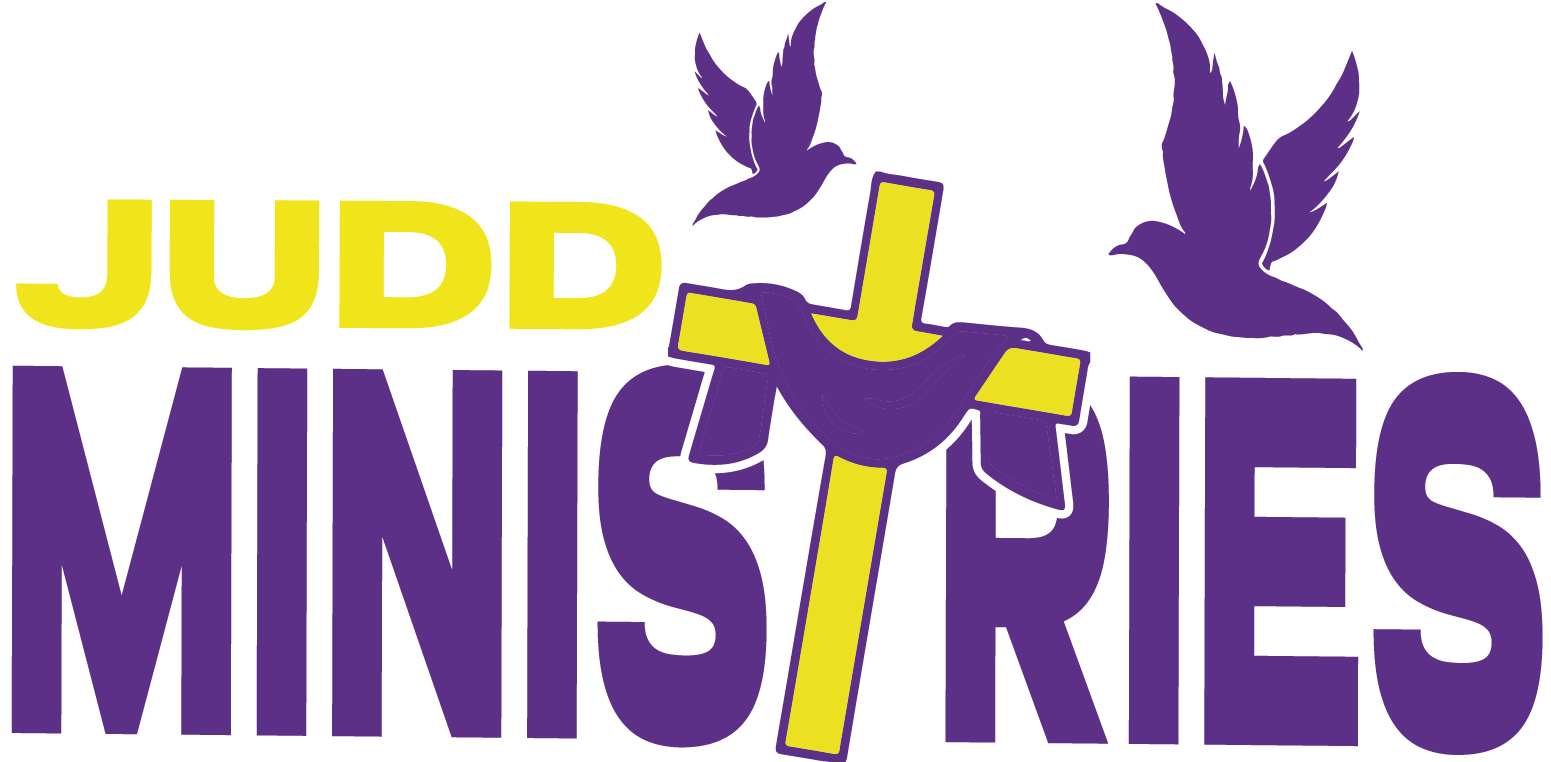### The Importance of Faith: A Guiding Light in Life’s Journey
In an increasingly fast-paced and chaotic world, the value of faith has never been more relevant. Whether it is faith in a higher power, beliefs in a particular philosophy, or trust in ourselves and others, faith serves as a cornerstone in how we navigate life’s complexities. Despite the diversity in what people place their faith in, the significance of this concept remains universal.
#### Faith as a Source of Hope
At its core, faith is synonymous with hope. It instills a sense of purpose and provides comfort in times of uncertainty. When faced with challenges, whether personal struggles, health issues, or societal turmoil, faith allows individuals to look beyond their immediate circumstances. It helps us believe that better days are ahead, that we are not alone, and that there exists a greater plan at work.
This does not mean that faith blinds us to reality or encourages complacency. Rather, it empowers us to face adversity with courage and resilience. For instance, many people draw strength from their spiritual beliefs during difficult times, providing them a framework to understand their experiences and the strength to persevere.
#### Faith Fuels Community and Connection
Another vital aspect of faith is its ability to foster community. Shared beliefs create bonds among individuals, bringing people together and encouraging solidarity and support. Whether through a religious congregation, a philosophical group, or a community united by shared values, these connections help combat feelings of isolation and loneliness.
Communities rooted in faith often promote altruism, empathy, and understanding, which are essential qualities in an interconnected world. They allow for the sharing of burdens and the collective pursuit of goals, reminding us that we are stronger together than we are apart. This concept is not limited to faith in a religious sense; it also encompasses communal values and ideals, which unify groups around common causes.
#### The Role of Faith in Personal Growth
Faith also plays a crucial role in personal development. It encourages individuals to reflect on their values and beliefs, prompting an inward journey that leads to self-discovery and growth. Embracing faith can inspire personal transformation, pushing us to become better versions of ourselves.
Moreover, faith fosters resilience. It teaches us to learn from our mistakes and to see failures not as endpoints but as opportunities for growth. In this way, faith can act as a motivational tool, pushing us to strive for our dreams even when the odds seem stacked against us.
#### Cultivating Faith in Everyday Life
Incorporating faith into our daily lives doesn’t necessarily require grand gestures; instead, it can be nurtured through simple, everyday practices. This might include mindfulness, gratitude journaling, or engaging in conversations with those who share different perspectives. Developing a habit of reflection and introspection can enhance our understanding of where our faith lies and how it influences our choices.
Setting aside time for spiritual or philosophical exploration—whether through prayer, meditation, reading, or discussions—can deepen our connection to our beliefs. Surrounding ourselves with uplifting influences, be it through literature, art, or community, can also reinforce our faith and its vital role in our lives.
#### Conclusion
In essence, faith is not merely a static belief but a dynamic force that shapes our lives and the world around us. It provides hope in despair, strengthens community bonds, and fosters personal growth. As we navigate through life’s unpredictable journey, embracing faith—whatever form it may take—can serve as our guiding light, illuminating the path ahead. In a world defined by constant change, faith remains a profound and enduring source of strength and inspiration.




